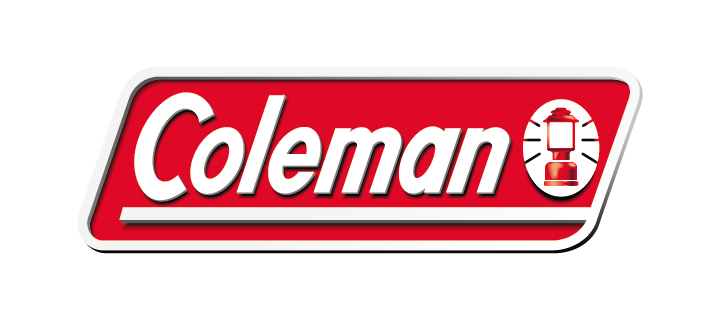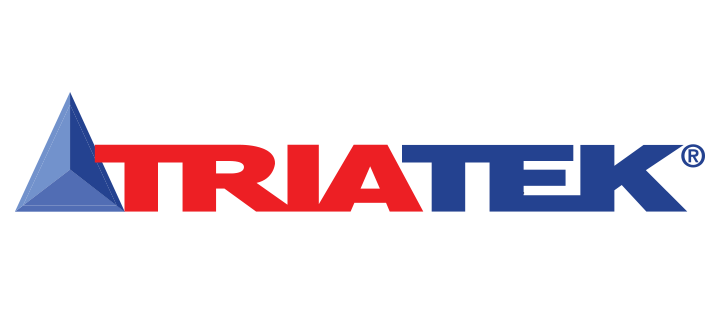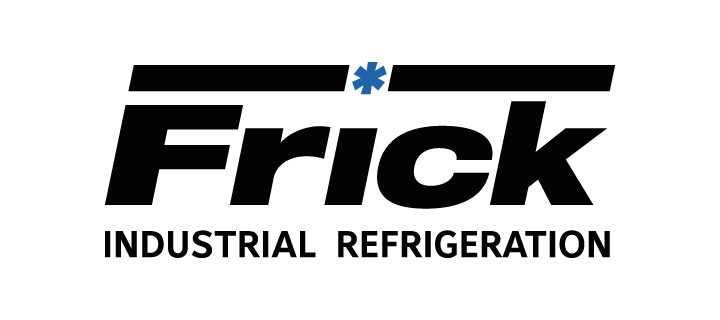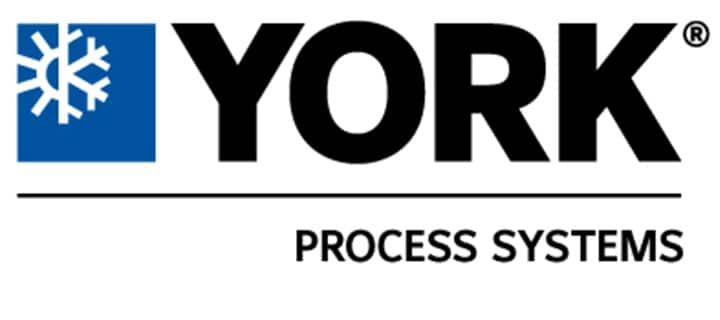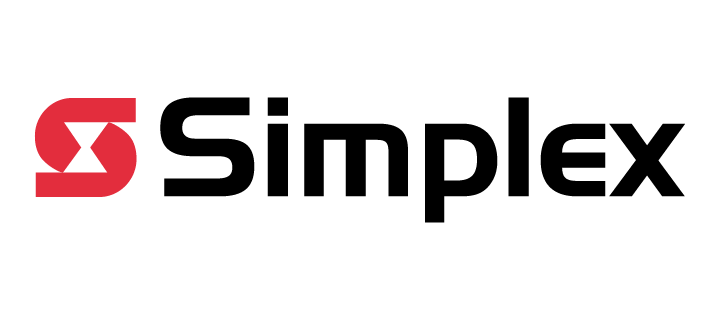Global Directory
- Anguilla - English
- Antigua & Barbuda - English
- Aruba - English
- Bahamas - English
- Barbados - English
- British Virgin Islands - English
- Cayman - Islands - English
- Curacao - English
- Dominica - English
- Dominican Republic - Español
- Grenada - English
- Guadeloupe - English
- Haiti - English
- Jamaica - English
- Martinique - English
- Puerto Rico - English
- Puerto Rico - Español
- Saint Barthélemy - English
- Saint Kitts and Nevis - English
- Saint Lucia - English
- Saint Martin - English
- Saint Vincent & The Grenadines - English
- Trinidad & Tobago - English
- Virgin Islands - English
- Austria - Deutsch
- Belgium - Français
- Belgium - Nederlands
- Bosnia & Herzegovina - English*
- Bulgaria - English*
- Croatia - English*
- Czech Republic - Čeština
- Denmark - Dansk
- Finland - Suomeksi
- France - Français
- Germany - Deutsch
- Greece - English
- Hungary - Magyarország
- Ireland - English
- Italy - Italiano
- Macedonia - English
- Netherlands - Dutch
- Norway - Norge
- Poland - Polski
- Portugal - Português*
- Romania - Romanian
- Russia - Русский
- Serbia - English
- Slovakia - Slovenčina
- Spain - Espanol
- Sweden - Swedish
- Switzerland - Deutsch*
- Switzerland - Français*
- Switzerland - Italiano*
- United Kingdom - English

-
Products & Solutions

Unlock the performance of your building and provide real-time data visibility across assets, people, and processes with OpenBlue Enterprise Manager.
Learn More -
Services and Support
- Operations Maintenance and Repair Services
- Training Services
- Product Documentation
- Product Selection Tools
- Energy and Efficiency Solutions
- Design and Construction Services
- Optimization and Retrofit Solutions
- Systems Integration
- Managed Services
- Fire Maintenance and Support
- Security Maintenance and Support
- Replacement Parts and Supplies

Our highly trained technical and product specialists deliver customized predictive and planned maintenance programs developed for individual facility needs.
Learn more - Industries
-
About Us
Global Directory
- Anguilla - English
- Antigua & Barbuda - English
- Aruba - English
- Bahamas - English
- Barbados - English
- British Virgin Islands - English
- Cayman - Islands - English
- Curacao - English
- Dominica - English
- Dominican Republic - Español
- Grenada - English
- Guadeloupe - English
- Haiti - English
- Jamaica - English
- Martinique - English
- Puerto Rico - English
- Puerto Rico - Español
- Saint Barthélemy - English
- Saint Kitts and Nevis - English
- Saint Lucia - English
- Saint Martin - English
- Saint Vincent & The Grenadines - English
- Trinidad & Tobago - English
- Virgin Islands - English
- Austria - Deutsch
- Belgium - Français
- Belgium - Nederlands
- Bosnia & Herzegovina - English*
- Bulgaria - English*
- Croatia - English*
- Czech Republic - Čeština
- Denmark - Dansk
- Finland - Suomeksi
- France - Français
- Germany - Deutsch
- Greece - English
- Hungary - Magyarország
- Ireland - English
- Italy - Italiano
- Macedonia - English
- Netherlands - Dutch
- Norway - Norge
- Poland - Polski
- Portugal - Português*
- Romania - Romanian
- Russia - Русский
- Serbia - English
- Slovakia - Slovenčina
- Spain - Espanol
- Sweden - Swedish
- Switzerland - Deutsch*
- Switzerland - Français*
- Switzerland - Italiano*
- United Kingdom - English
The Many Benefits of Energy Storage Systems
Renewable Energy Support
More and more enterprises are actively pursuing green energy alternatives, and DES systems help in this mission by serving as a bridge between traditional energy sources and alternative ones. For example, when a renewable energy source can’t temporarily provide enough energy, a DES system can step in. By providing renewable energy support, DES systems can promote sustainability, lower costs, and improve overall energy resiliency.
Peak Shaving
The price of energy is typically at its highest during periods of peak demand. DES systems can support peak shaving to reduce expensive energy costs. With peak shaving, your DES battery is charged during periods of low demand (say, overnight or during troughs in the day) and discharged during periods of high demand. This is particularly economical for companies whose rate is determined during peak demand. We can help you with the economics of energy storage to make your system most effective.
Frequency Regulation
Distributed energy storage systems offer another proven benefit: frequency regulation, which allows your facility to help support the overall power grid and one of its main objectives, to deliver a constant frequency. The grid is in a constant balancing act between supply (generation) and demand (consumption). A DES system can absorb or release power or release energy quickly. Like demand response, frequency regulation offers another potential source of revenue.
Load Shifting
Load shifting is similar to peak shaving, but instead of focusing solely on peak pricing, it focuses on reducing your overall kWh costs. In effect, you take advantage of the difference between low-cost energy and high-cost energy, storing power when costs are low and discharging it when costs are high. Load shifting typically provides incremental value to a system that is already providing other benefits like peak shaving.
Demand Response
Distributed energy storage systems are often viewed as ways to save money on energy costs. But the demand response functionality can enable you to make money by allowing you to participate in incentive programs designed to reduce power consumption during periods of peak demand.
Backup Power
Distributed energy storage systems can serve as a reliable source of backup power in case there is loss of power from the grid due to severe weather conditions or other issues. By helping facilities remain operational, our energy storage systems help our customers eliminate costs of downtime.
Power Quality Improvement
Often, utility demand charges are related to facility loads with low power factors (a higher cost is paid for lower power factor). Low power factors can cause power quality issues. A distributed energy storage system can improve your facility’s power factor, simultaneously delivering power quality improvement and saving money on utility bills.

DES and Building Automation With Metasys®
The workload of managing building systems can be significantly reduced by limiting the number of independent systems which need to be deployed, integrated, and operated on a daily basis. Distributed energy storage systems provide the most value when operating in coordination with the other major energy-consuming assets in your facility, so our energy storage solutions are designed to integrate seamlessly into the Metasys® building automation system (or other legacy building automation system via BACnet® or Modbus®) for collective monitoring and control.
Learn more about the new Metasys® 10.0Johnson Controls Teams With Clemson University to Adopt Energy Technology
See All Insights
- Operations Maintenance and Repair Services
- Training Services
- Product Documentation
- Product Selection Tools
- Energy and Efficiency Solutions
- Design and Construction Solutions
- Optimization and Retrofit Solutions
- Systems Integration
- Managed Services
- Fire Maintenance and Support
- Security Maintenance and Support
- Replacement Parts and Supplies
- Operations Maintenance and Repair Services
- Training Services
- Product Documentation
- Product Selection Tools
- Energy and Efficiency Solutions
- Design and Construction Solutions
- Optimization and Retrofit Solutions
- Systems Integration
- Managed Services
- Fire Maintenance and Support
- Security Maintenance and Support
- Replacement Parts and Supplies





